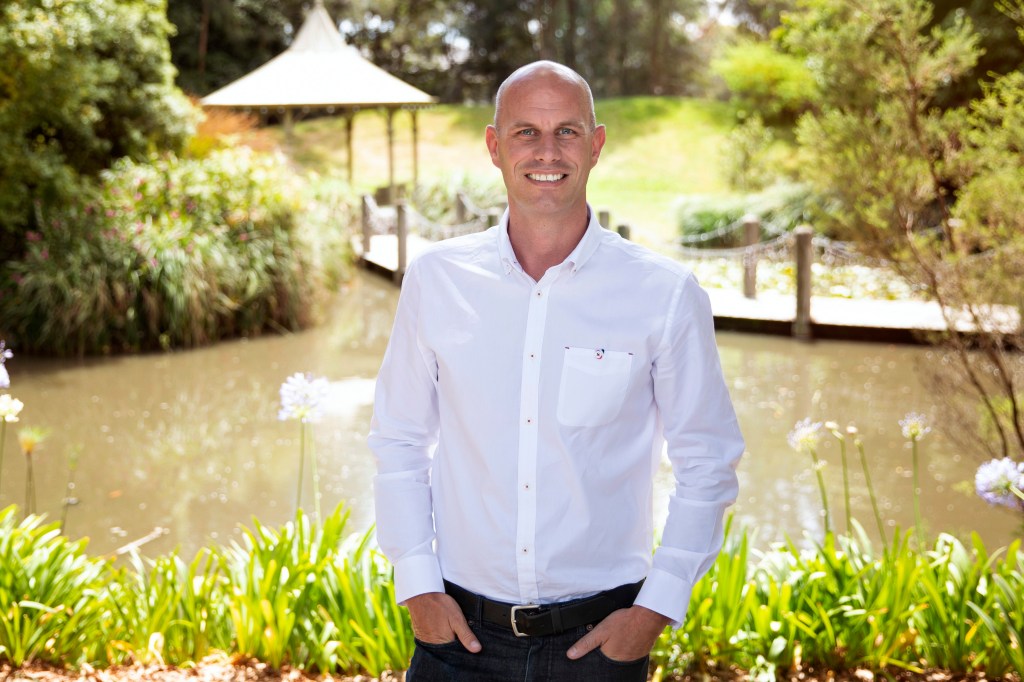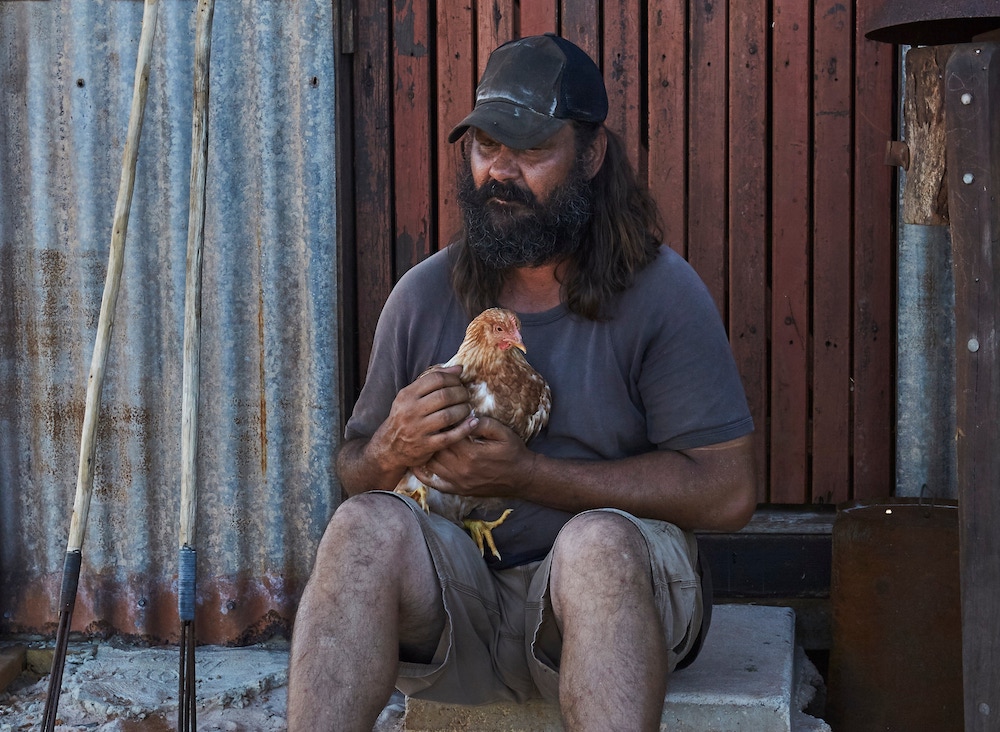With the internationalisation of Australia’s content landscape continuing at an exponential rate, how can creatives and production companies best harness the opportunities that come from an increasingly crowded marketplace?
According to a cross-section of leading producers and distributors, part of the answer comes from knowing how to utilise global festivals and events, while also having a specific understanding of a project’s needs prior to entering into a global partnership.
Newly-appointed ABC chief content officer Chris Oliver-Taylor moderated a discussion – held last Thursday as part of the Screenworks 2023 Regional to Global Forum – about the best strategies for regional practitioners to expand their reach overseas, speaking with Matchbox Pictures chief operating officer Matt Vitins, Jungle Entertainment partner and chief operating officer Chloe Rickard, Madman Entertainment founder and CEO Paul Wiegard, and No Coincidence Media managing director Mitchell Stanley.
Rickard, who has overseen many of Jungle’s international format sales, including No Activity, began the session by stating that Australia had “never been closer” to the rest of the world. She credited the country’s reputation during the early part of COVID and the rise of Zoom as a communication tool as being “a great leveler” and helping regional areas be “as international as they want to be”.

She went on to recount her experience at last year’s Content London, which ranged from a first-time meeting with the partners of a deal that had been closed a week prior to finalising co-production agreements negotiated in the lead-up.
The Wakefield executive producer said anyone planning on only starting business at an market could potentially be “20 steps behind” other attendees.
“I was only shopping one project around. I had a really clear focus to build on existing relationships and because there wasn’t pressure on me to deliver much else, I ended up doing lots of other great business there,” she said.
“The key takeaway for me was to do your work before you get there and make it a building and stepping stone event, rather than step one introductions and cold opens.”
Rickard’s sentiments were corroborated by Wiegard. While noting that Madman was represented at about 10 international markets that were “all very distinct”, he encouraged practitioners to pick their targets depending on the project they have and also be wary of timing.
“If you want to get time with sales agents and others, places like Toronto and Berlin are very good because of the length of those particular festivals,” he said.
“And actually [it’s better] arriving at the back half of the festivals, which probably sounds at odds with trying to drive a deal as you arrive, but that’s when most of these agents will have time in terms of organising schedules.
“You’ve got to be there with a schedule in mind; you just don’t lob up there and start knocking on doors.”
Outside of markets, both Stanley and Vitins were able to reflect on how they had been able to leverage pre-established international ties to further their projects.
For Stanley, this included selling Warwick Thornton’s The Beach, a docuseries on which he was a producer, to New York-based distributor A24 in 2021.
He said the creative team were able to lean on the US contacts of the Sweet Country and Samson and Delilah writer-director for the worldwide rights deal, which was negotiated after the production had been completed.
“Working work Warwick Thornton, he has talent agencies and agents in the US that operate in a different way to what we’re familiar with,” he said.
“It was negotiated through his agency and A24 [after being] financed on the ground here at home.”
Stanley re-emphasised the importance of being familiar with sales agents prior to attending markets because “everyone wants something different”.
“They’re either cast driven, directly driven, or budget driven, so [it’s about] just being familiar with who’s looking for what and who you’re pitching to before you hit the ground, which is all available online,” he said.

Vitins is well versed in what it means to have an ongoing relationship with an international partner, with NBCUniversal acquiring a majority stake in Matchbox Pictures more than a decade ago.
He said it would be interesting to see how independent Australian production companies would begin to interact with US studios to get programs made as budgets grew.
“When you start getting to the top end of drama, then it becomes really attractive to have the backing of some sort of entity that can handle COVID crashing over the top of a $50 million series or something similar that means that it’s not referring back to the mortgage of the founder of the company,” he said.
Vitins said while NBCUniversal’s deal with Matchbox was “the fullest level of engagement you can go”, there were tiers below that he believed there would begin to show themselves in future deals.
“Things like first looks, where doing a deal with the studio or a distributor that provides you with overhead funding to go and produce a project or a number of projects, or to run your company and in exchange, they have a first option or first look, literally, over that slate of projects,” he said.
“That might be one sort of deal that we see more of.”


